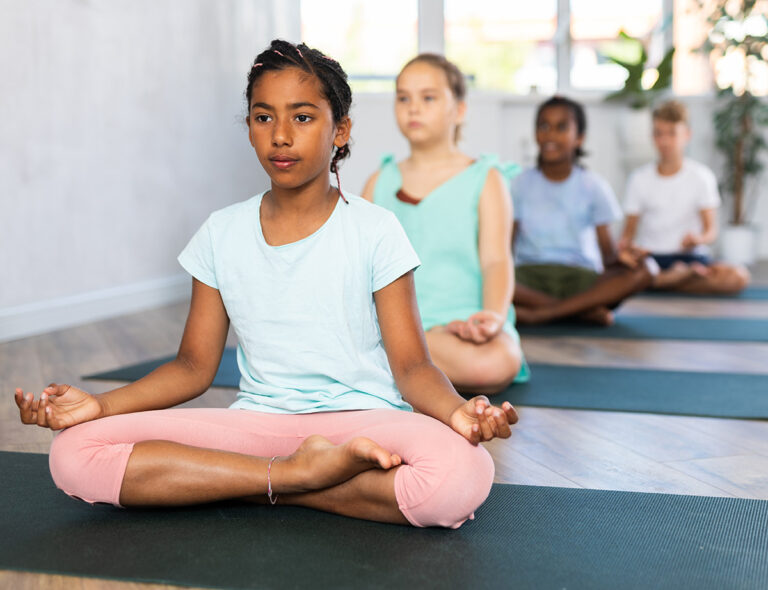If the mention of school means repeated questions or acting out, it may be because your kids might have a case of the new-school-year butterflies. The trouble is, even if kids are worried about returning to school, many can’t articulate what exactly they are worried about. Here’s how to make the transition easier:
• Talk about your first-day-of-school experiences. If you don’t remember, have your kids ask their grandparents what they remember about your first day of school.
• Don’t assume your child is anxious. Physiologically, there is little difference between anxiety and excitement, says Larry Cohen, Ph.D., a Brookline psychologist and the author of numerous books on parenting and child development, notably Playful Parenting (Ballantine Books, 2002) and The Art of Roughhousing (with Anthony DeBenedet, M.D., Quirk Books, 2010). Asking about the bus 100 times could be enthusiasm instead of anxiety.
• Make sure your child knows at least one person at her new school. If your child is starting kindergarten this year, get a class list from the office and arrange a couple of playdates with kids from your child’s class.
• Middle school and high school students also experience anxiety – mainly about making new friends, explains Barbara Francis, Ed.D., an education professor and director of the middle and high school programs at Lesley University in Cambridge. “The students worry, ‘Will I fit in?’ says Francis. “I encourage parents to be understanding. These are very real issues to kids.”
• Visit the school. This helps minimize fear of the unknown.
• Have older children set goals for the school year. To start the new school year off right, Francis suggests that children set three goals – two academic and one social. One could be to do homework at a certain time every day. Another may be to seek out extra help when needed. A social goal may be to join a club, the choir or a sports team. Parents need to make sure the conditions are in place for meeting the goals, such as providing a quiet zone for homework.
• Role-play. Play “school” with your younger children. Let them be the teacher – you be the student. Make sure that you include a drop-off and reunion scenario in the day. With older kids, try to get them to talk to you about what they think might be hard situations in the coming year, then have them do a trial run with you.
• Use humor. A well-placed hand on the hip and an exaggerated, exasperated question such as “Is there anything you can think of that may be only half-bad this year at school?” can go a long way to breaking up the tension your child might feel about returning to school.
• Keep calm during your morning routine. Parents should pick their battles in the morning, advices Francis. “Before-school time needs to be calm. If they don’t want to eat in the morning, then they don’t eat. Pack some healthy snacks,” she says.




















